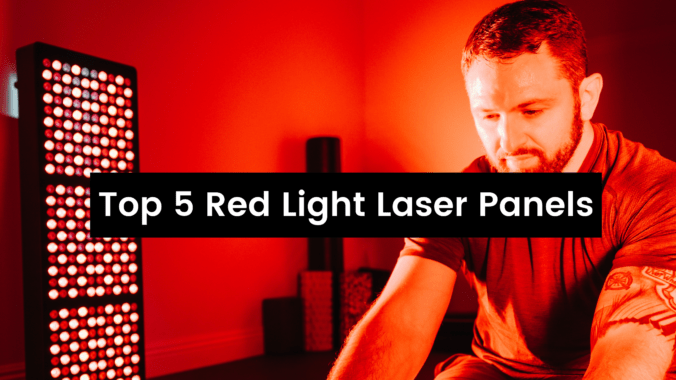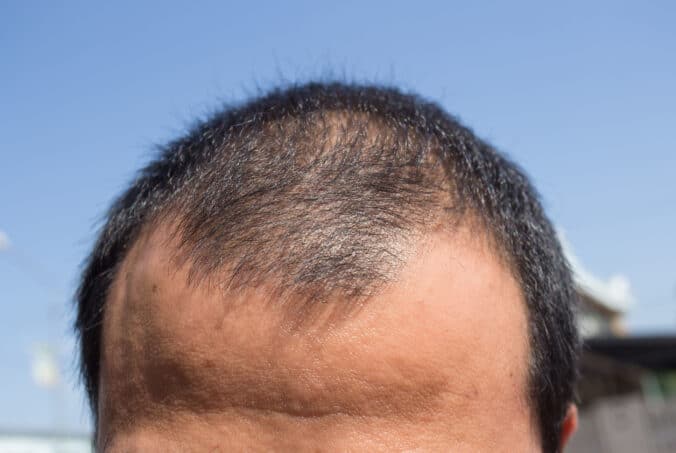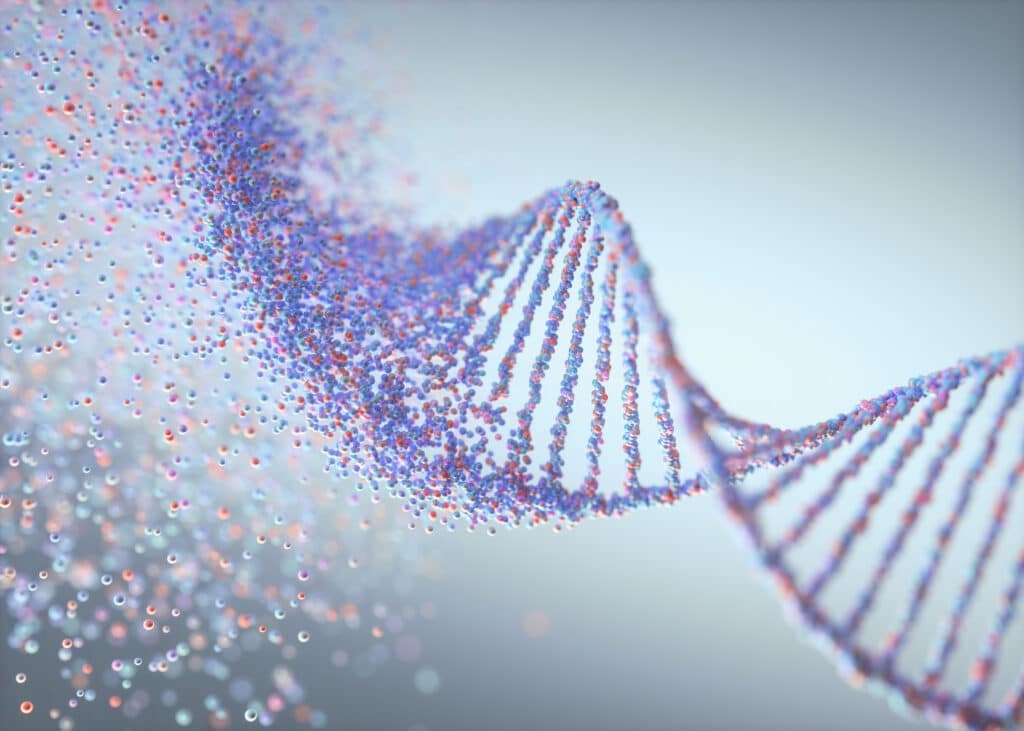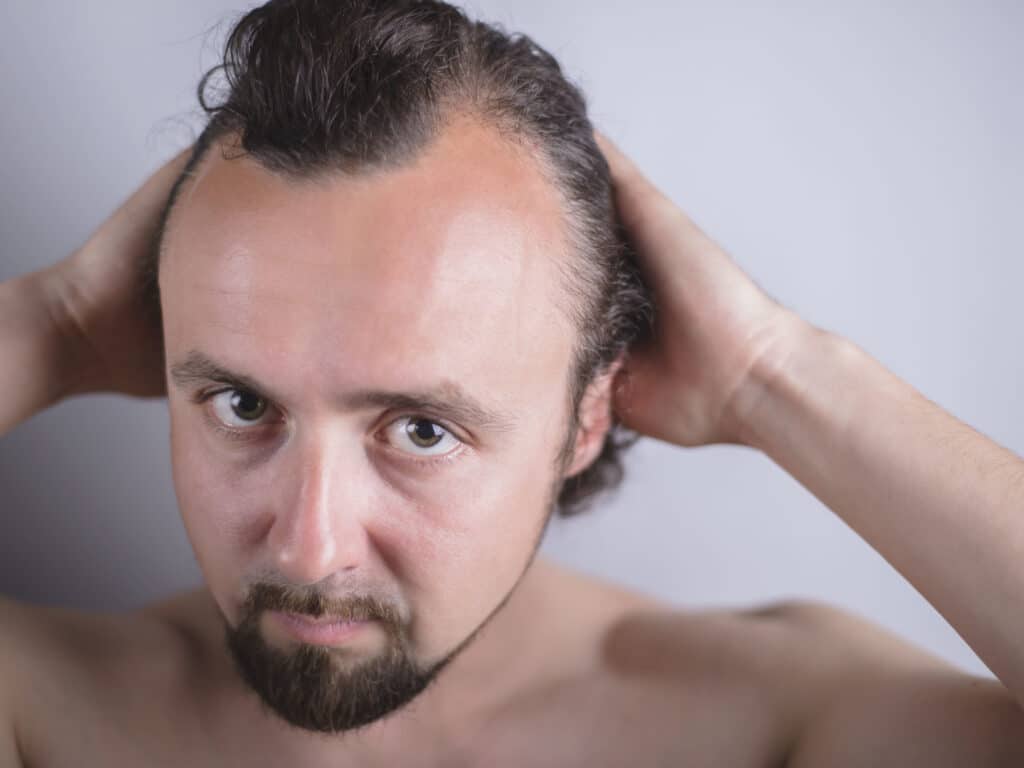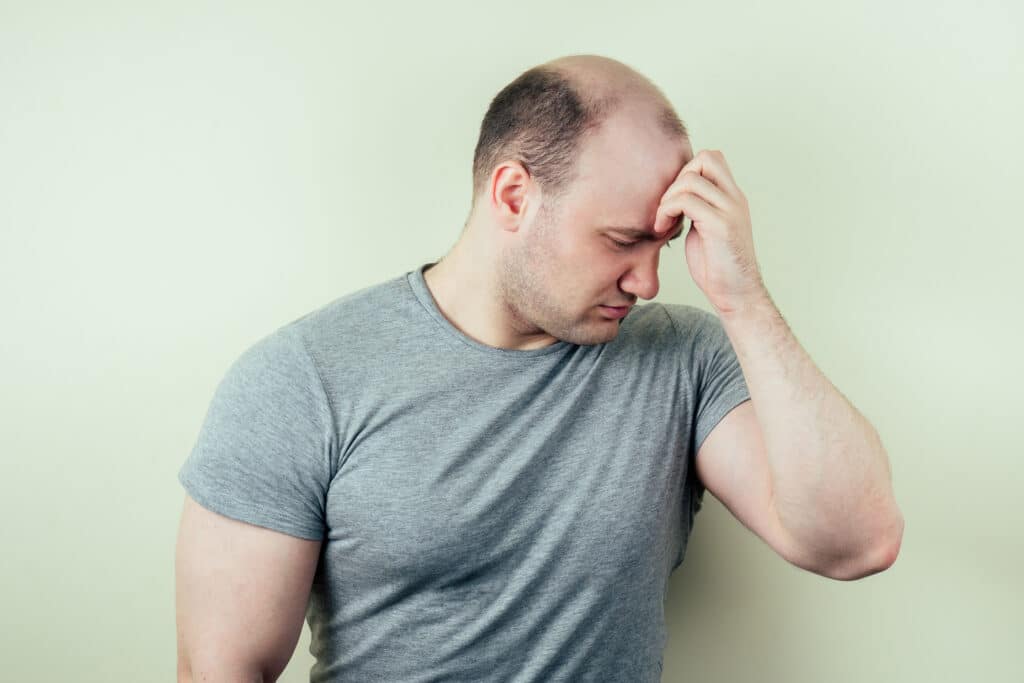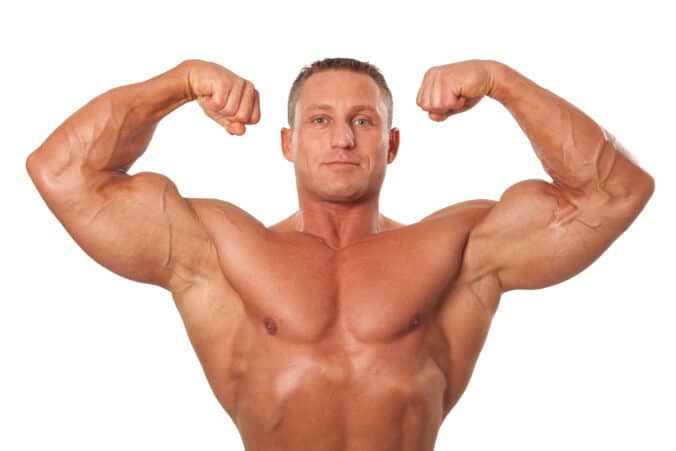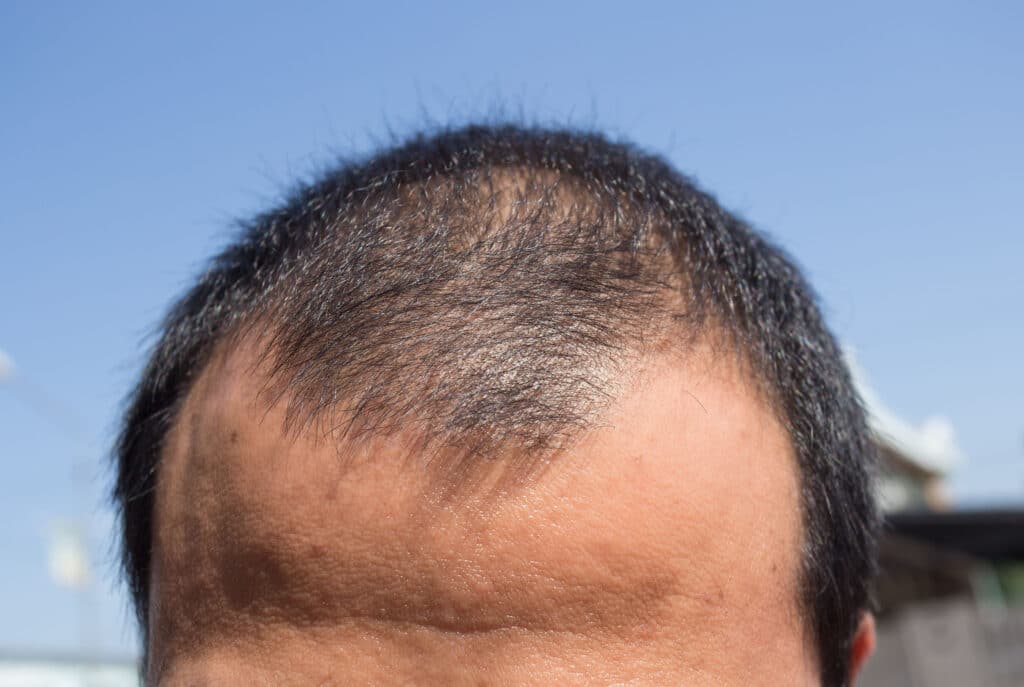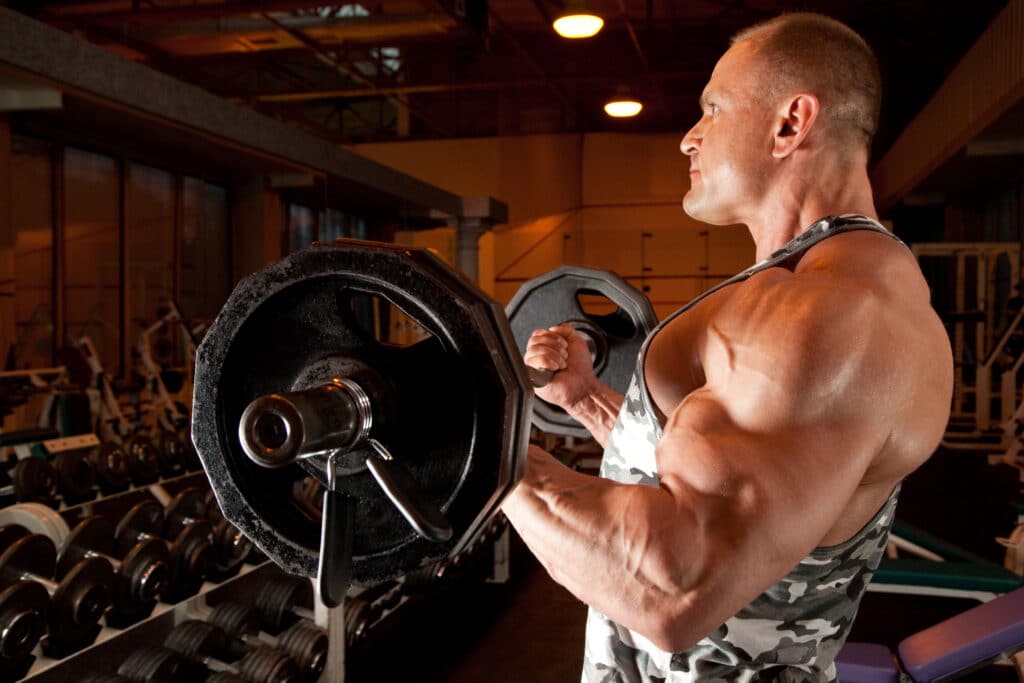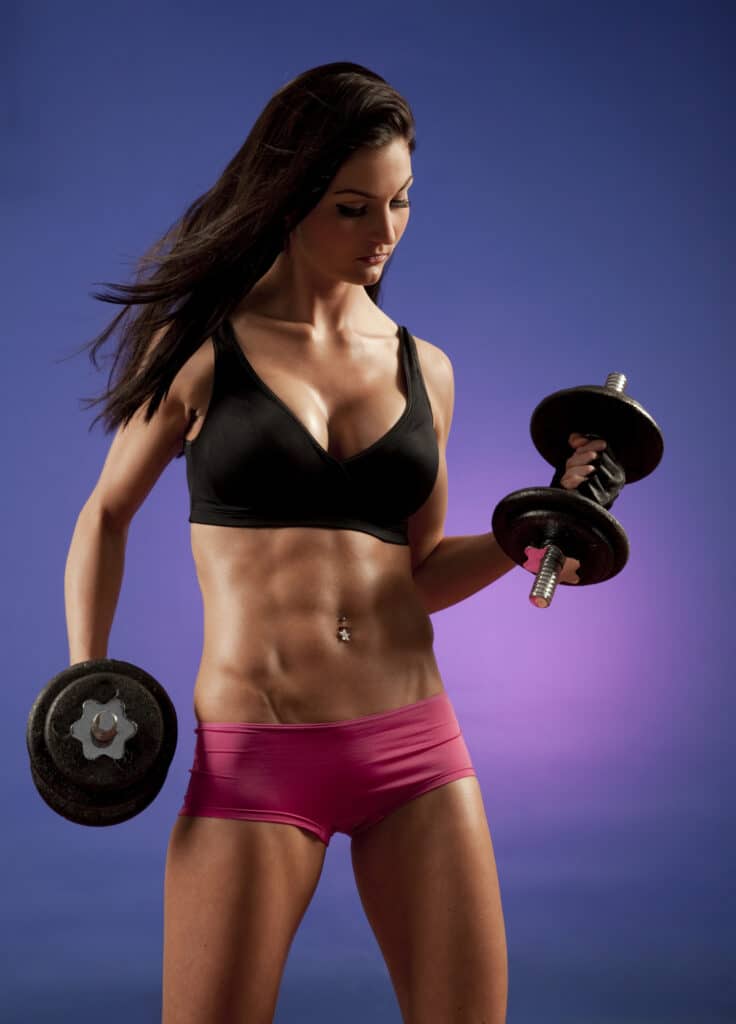Red light therapy, also known as photobiomodulation, has gained immense popularity for its potential to improve skin health, reduce inflammation, and promote overall well-being. For those seeking the benefits of red light therapy from the comfort of their homes, laser panels are a versatile and effective solution. In this blog, we’ll explore the top 5 red light therapy laser panels for at-home use, with the Kiierr Laser Panel securing the number one spot.
-
Kiierr Laser Panel – Unrivaled Effectiveness
The Kiierr Laser Panel takes the top position on our list for its impressive effectiveness and versatile use. While it’s not a wearable cap or hair-specific product, it stands out as a powerful red light therapy laser panel.
Designed to stimulate cellular activity and promote healing, the Kiierr Laser Panel utilizes a combination of red and near-infrared wavelengths. This panel offers a comprehensive approach to red light therapy and can be used to target a wide range of concerns, including skin health, muscle recovery, and more. It’s an excellent choice for those looking for an all-encompassing at-home laser panel.
Key Features of the Kiierr Laser Panel:
- Utilizes red and near-infrared wavelengths for versatile therapy.
- Promotes skin health, reduces inflammation, and supports recovery.
- Convenient and easy to use in the comfort of your home.
- Suitable for addressing a wide range of wellness needs.
-
PlatinumLED Therapy Lights – Professional-Grade Quality
PlatinumLED Therapy Lights are known for their professional-grade quality and are trusted by many for at-home red light therapy. These panels feature a combination of red and near-infrared LEDs to provide powerful and effective therapy.
With a range of panel sizes available, PlatinumLED offers versatility to users. These panels are designed for maximum coverage, making it easy to target specific areas or enjoy full-body therapy. PlatinumLED is recognized for its quality and is a great choice for those seeking professional-grade results.
Key Features of PlatinumLED Therapy Lights:
- Professional-grade quality for reliable results.
- Customizable sizes to fit your needs.
- Combination of red and near-infrared LEDs for potent therapy.
- Ideal for both targeted and full-body treatments.
-
Joovv Solo – Trusted Brand in Red Light Therapy
The Joovv Solo is another well-regarded option in the world of red light therapy panels. Known for its quality and effectiveness, Joovv products have gained a loyal following among users seeking at-home therapy solutions.
The Joovv Solo offers a combination of red and near-infrared wavelengths for comprehensive benefits. Its sleek and user-friendly design makes it easy to incorporate into your daily routine. Whether you’re targeting specific areas or seeking overall wellness, the Joovv Solo delivers consistent results.
Key Features of the Joovv Solo:
- Trusted brand in the red light therapy industry.
- Combination of red and near-infrared wavelengths for versatile therapy.
- Sleek and user-friendly design.
- Reliable and effective for various wellness needs.
-
Vital Red Light – Compact and Affordable
For those seeking an affordable yet effective red light therapy panel, the Vital Red Light is an excellent choice. This compact panel features red and near-infrared LEDs to provide a range of benefits without breaking the bank.
The Vital Red Light panel is known for its simplicity and ease of use. It’s ideal for users who want to target specific areas or enjoy localized therapy. Despite its affordability, it doesn’t compromise on results, making it a practical option for budget-conscious individuals.
Key Features of the Vital Red Light:
- Affordable and budget-friendly.
- Compact design for targeted therapy.
- Combination of red and near-infrared LEDs for effective results.
- Easy to use and suitable for beginners.
-
ReVive Light Therapy – Targeted Skin Rejuvenation
If your primary goal is to improve skin health and rejuvenate your complexion, the ReVive Light Therapy panel is tailored for you. This specialized red light therapy panel is designed to target fine lines, wrinkles, and skin texture.
ReVive Light Therapy uses a combination of red and near-infrared LEDs to stimulate collagen production, reduce the appearance of wrinkles, and enhance skin texture. While it may focus primarily on skin rejuvenation, it still offers overall wellness benefits.
Key Features of ReVive Light Therapy:
- Specialized for skin rejuvenation and beauty.
- Combination of red and near-infrared LEDs for specific skin benefits.
- Clinically proven results for improved skin texture and appearance.
- Easy to use for targeted skin therapy.
Conclusion
Red light therapy panels offer a range of potential benefits for overall wellness, skin health, and muscle recovery. While there are various options available, the Kiierr Laser Panel stands out as the number one choice for its versatility, effectiveness, and comprehensive therapy. Whether you’re seeking professional-grade quality, a trusted brand, affordability, or specialized skin rejuvenation, there’s a red light therapy panel on this list to suit your unique needs. Enjoy the benefits of red light therapy conveniently and effectively from the comfort of your own home with these top panels.
